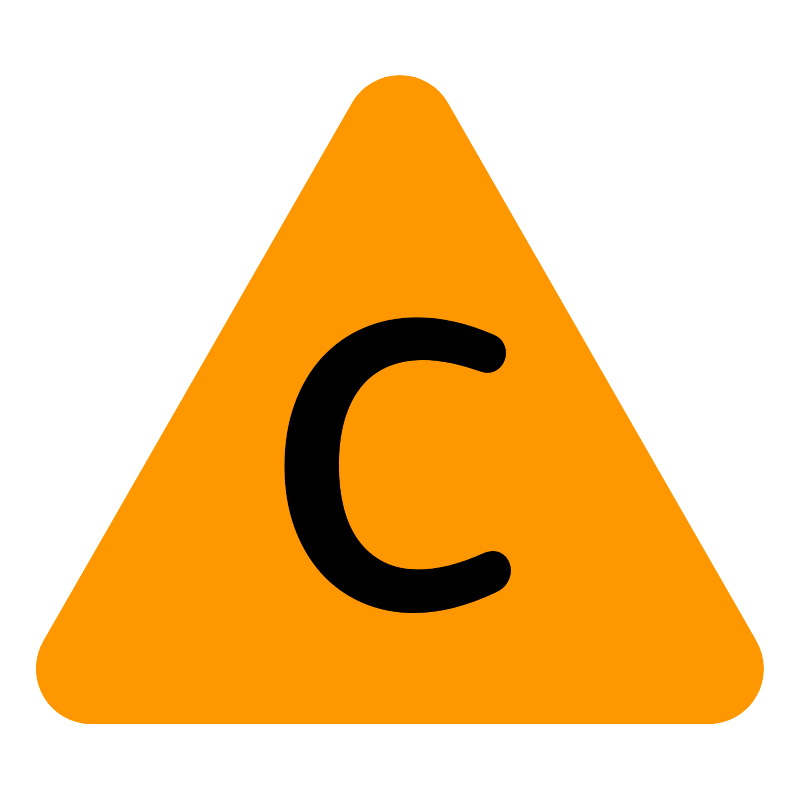With the ongoing concerns of the community about COVID-19, we want to keep you up to date on services and events here at Victory.
If you need help during this time, please click the Need Help button below to contact us and we will help or get help in any way we can.

Protection Plan A means there is still some community spread but it is relatively under control. A vaccine has been developed and is being distributed. It is safe to hold in-person services while following preventive measures. Masks are optional and social distancing is encouraged.
We have come up with preventive measures for the church to follow at different stages of risk. No matter what stage we are in, please reach out to one another and stay connected. Small group connections are so important during this time since we can't always be together as one church body.

At this stage the virus is considered under control and/or a vaccine has been developed. The health risk is extremely low.
Office Hours: 9am-4pm Monday through Thursday

There is some community spread but it is not considered a significant risk. It is considered safe with protective measures.
Office Hours: 9am-4pm Monday through Thursday

There is significant community spread and hospitals beds are considered full. Stay home if at all possible.
Office Hours: 10am-2pm Monday through Thursday (Rotating Staff)

At this stage, hospitals are overwhelmed and having to triage patients. Risk is considered very high and the government has shut down most businesses.
Office Hours: 10am-2pm Monday through Thursday (Rotating Staff)
Taken from the CDC COVID-19 website.
1017 West Byrd Blvd, Universal City, TX 78148
(210)659-3251
We occasionally need a way to get information to you via phone, email or postal mail.
